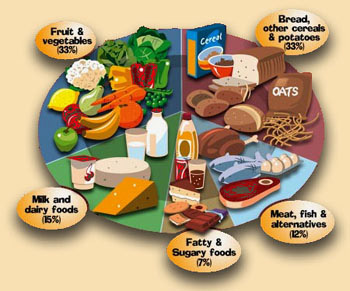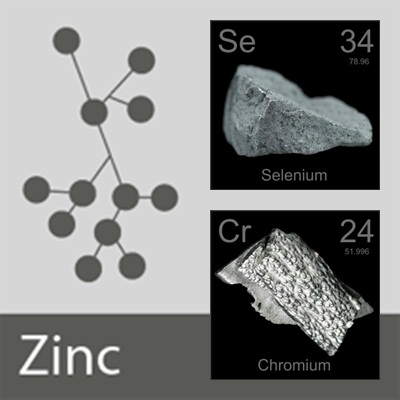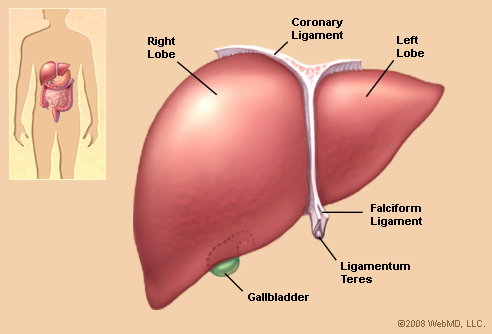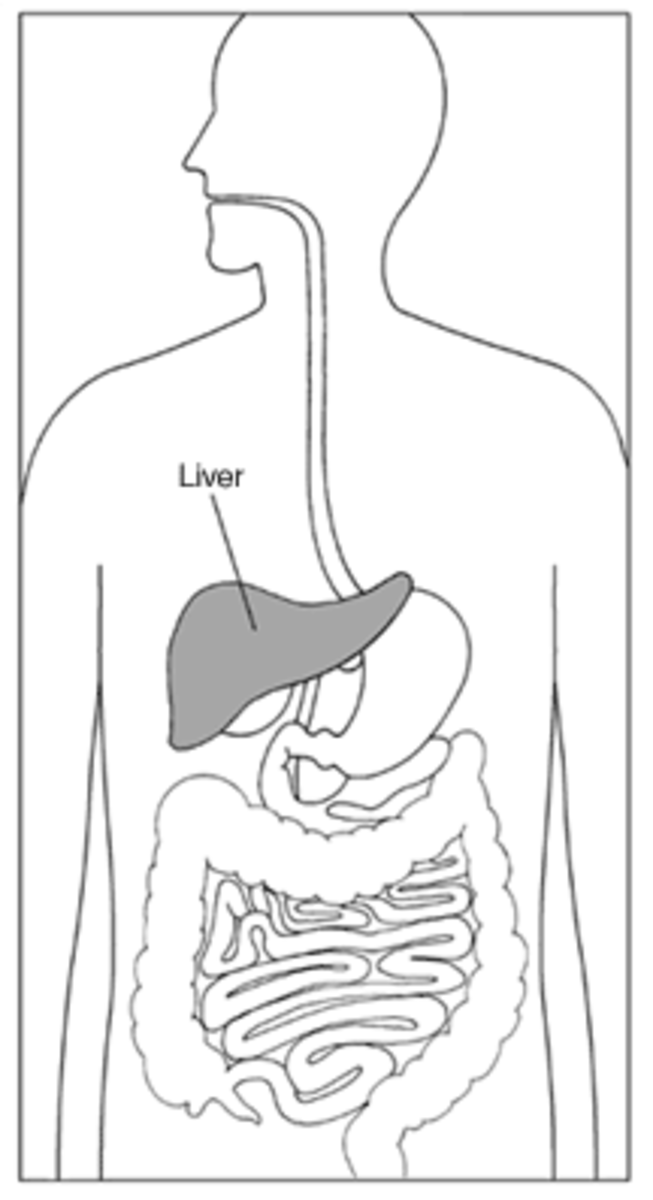What Are Trace Minerals?

Trace Mineral
Minerals that cannot be neglected!
The more sophisticated medical research has become, the easier it is to neglect our overall health. In fact, the basic issues of health care are in nutrition and metabolism of cells, to master the basic four key elements of life: quality water, clean air, balanced nutrition intake and psychologically healthy, are the steps to prolong life. However, it is a big challenge to maintain a balanced diet in today’s society. Often, the foods we consume unable to provide us the sufficient nutrients, and we tend to neglect the importance of trace minerals, hence resulting in our body hungry for trace minerals.
Sufficient mineral intake = mission impossible
Every one of us needs to consume 35 to 45 different types of food every day, in order to absorb over 46 types of nutrients for maintaining good health. Unfortunately, our daily food consumption failed to meet the requirement, in terms of quantity or quality. For example, we need to drink 22 cups of soybean milk to satisfy our daily calcium requirement (450mg), and we need to eat 20 eggs or half a chicken to fulfill our daily zinc requirement (10mg).
What are trace minerals?
The human body is composed of over 60 different types of minerals. These minerals can be categorized into two major categories of macro minerals and trace minerals, according to the quantity of these minerals in the human body. Minerals that accounted for over 0.01% of the total body weight are referred to as macro minerals, such as carbon, hydrogen, oxygen, nitrogen, calcium, phosphorus, magnesium, sodium, etc.; while minerals that accounted for under 0.01% of the total body weight are known as trace minerals, such as iron, zinc, copper, manganese, chromium, selenium, molybdenum, cobalt, fluorine, etc.
The most prominent role of the trace minerals is their close relation to our vitality. According to scientific researches to date, 18 types of essential trace minerals have been identified, namely iron, copper, zinc, cobalt, manganese, chromium, selenium, iodine, nickel, fluoride, molybdenum, vanadium, tin, silicon, strontium, boron, rubidium, arsenic and so on. Despite their relatively minor content in our body, they are vital in maintaining certain key metabolisms of our body. We will suffer from diseases, and even life-threatening diseases, if our body lacks these essential trace minerals.

Unveiling the Mystery of Trace Minerals
Scientific researches show that zinc is a component of over 200 kinds of enzymes in the human body, it directly participate in synthesis of nucleic acid and protein, differentiation and proliferation of cells, as well as many important physiological processes, such as growth, reproduction, immunization and endocrine system.
Zinc – The “Flower of Life”
Maintain and promote visual development
Human eyes contain higher zinc content, especially highest in choroid and retina. Zinc also involved in the composition of Vitamin A reeducates in our liver and body, the enzyme is a key enzyme in controlling and synthesis and allosteric of visual matter (retinal). Therefore, zinc deficiency will affect our vision and dark adaption.
Zinc Deficiency Lead to Alzheimer’s disease.
Recent studies found that the hippocampus in human brain weight about 1/850 of the human brain weight, but containing 1/6 of the total zinc content of the brain. The hippocampus is the nuclei of human higher nervous activity, the logic part responsible for receiving and storing information as well as language learning. Lack of zinc in the hippocampus will lead to memory loss in old age, limb movement disorder, mental dysfunction, or even early onset of Alzheimer’s disease.
Chromium and Selenium
From a medical perspective, pancreas is a vital human organ that is both relatively difficult to protect and treat. Glucose metabolism is controlled by the pancreas through secretion of insulin, and several essential trace minerals have great impact on insulin activity. For example, insulin can only maintain blood sugar balance under the action of ring compounds formed by chromium. In addition, selenium plays an important role in prevention of β-cell damage. Canadian scientists found that animals lacking chromium and selenium suffered from symptoms of diabetes. Other scientists also found that severe selenium deficiency will cause pancreatic atrophy, and such atrophy will become more severe with the degree of selenium shortage in out diet, even a vitamin-E rich diet cannot prevent pancreas damage.

Selenium- Protects the Liver
The world’s leading scholar Schwartz found that selenium features more significant protective effect than sulfur amino acid and vitamin E, during his study on etiology of liver necrosis. Studies found that serum selenium concentration of patients suffering from viral hepatitis, chronic active hepatitis and cirrhosis are significantly lower than normal people, and the decline in blood selenium concentration has a direct relationship with the severity of the liver disease. Why does liver in need of selenium? This is because when the body lacks selenium, liver glutathione peroxidase activity will sharply decline and the liver will fail to breaks down harmful substances, eventually causing damage to liver cells and giving rise to sorts of liver sorts disease.
More In-depth Information on Trace Mineral
- Calcium More Than Stronger Bone
Besides osteoporosis and rickets prevention, Calcium offers more than that! - Omega 3 EPA Essential Nutrient for Your Family
Omega 3 EPA Essential Nutrient for kids, elderly, men and women.








